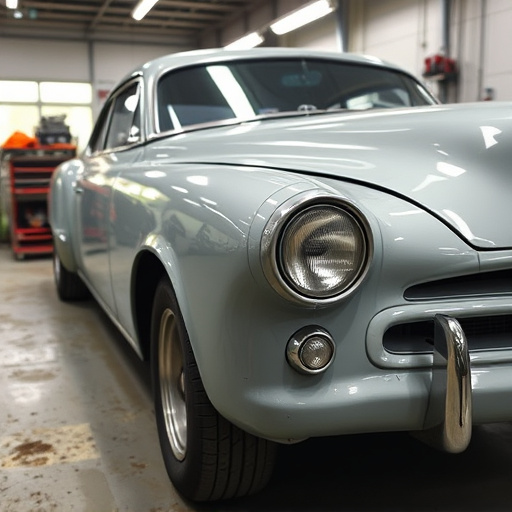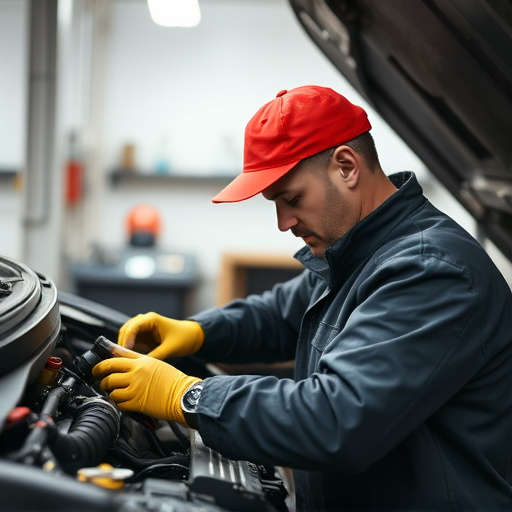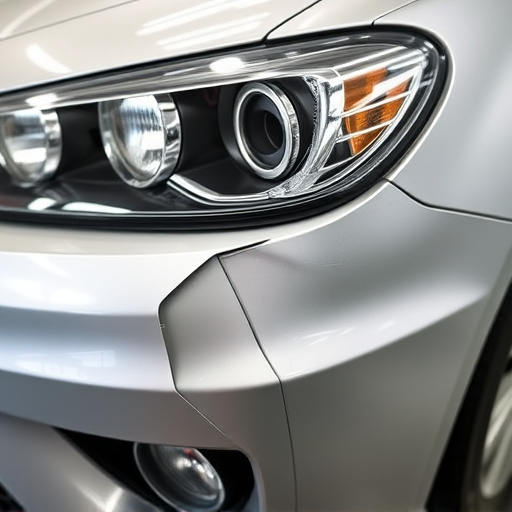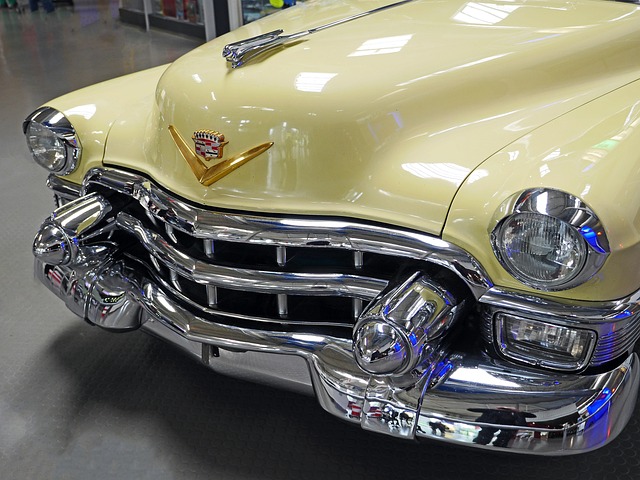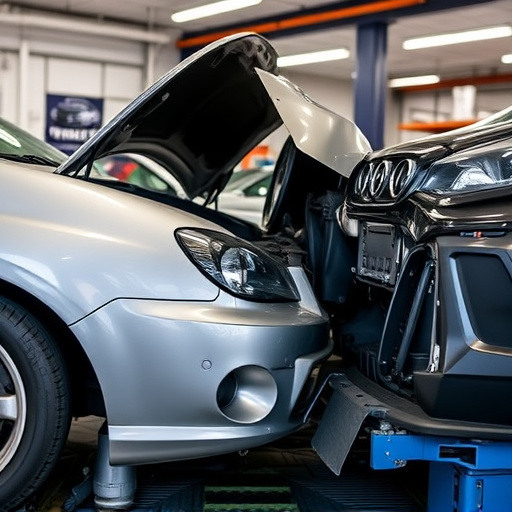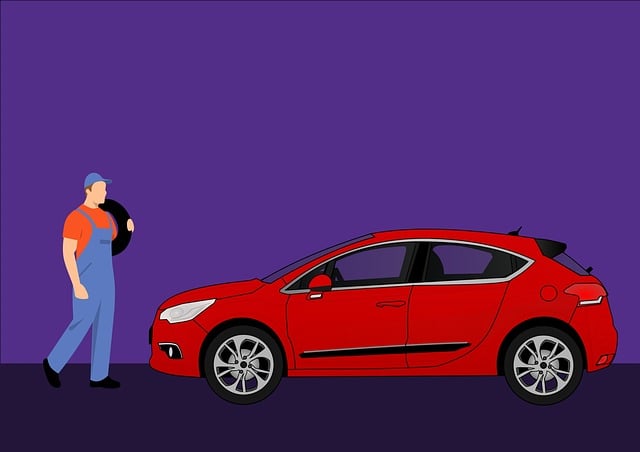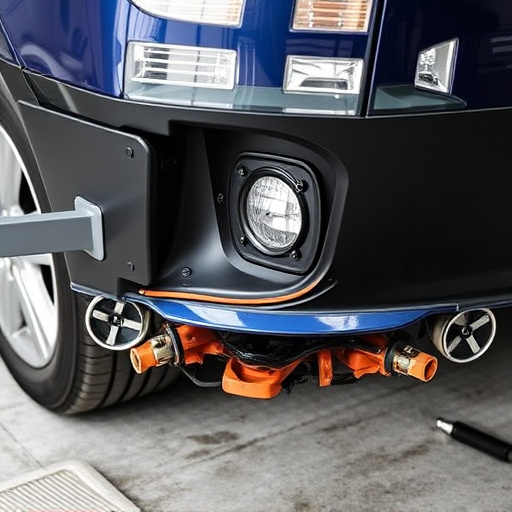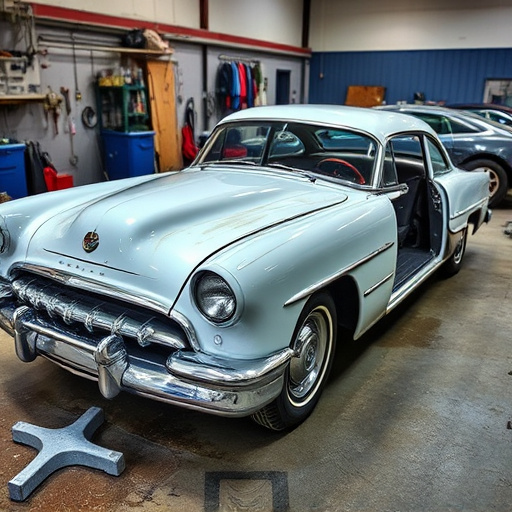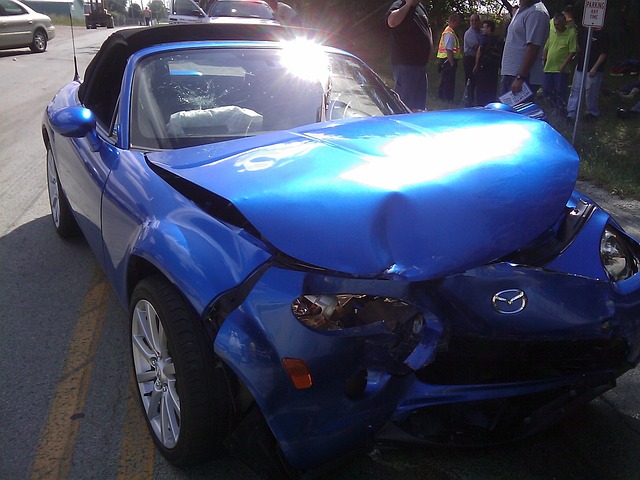Heavy-duty truck collisions pose significant risks to occupants and pedestrians, leading to severe injuries like head trauma, broken bones, and even fatalities. Immediate medical attention and professional vehicle repairs, including specialized Mercedes Benz or collision repair services, are essential. These accidents often cause extensive damage, from crushed frames to shattered windshields, resulting in high repair costs or total loss. Long-term mental health impacts include PTSD, anxiety, and depression, requiring access to both auto repair and specialized mental health support.
In the event of a heavy-duty truck collision, understanding the potential harms is crucial. These powerful vehicles, while essential for transport, can cause severe injuries or even fatalities due to their immense size and weight. This article delves into the multifaceted impacts of such accidents, examining risks to both occupants and pedestrians. We explore vehicle damage ranging from minor crashes to total loss, as well as long-term health effects and complications stemming from these high-impact events.
- Potential Harms: Occupants and Pedestrians at Risk
- Vehicle Damage: From Crashes to Total Loss
- Long-Term Effects: Injuries and Health Complications
Potential Harms: Occupants and Pedestrians at Risk
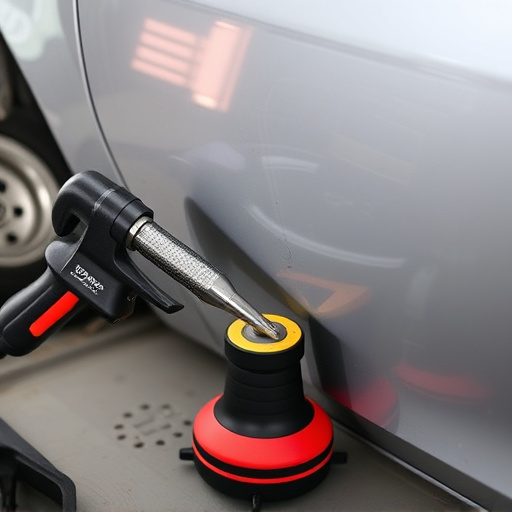
In a heavy-duty truck collision, both occupants and pedestrians face significant risks. Heavy-duty trucks, due to their size and weight, can cause severe injuries or even fatalities when involved in accidents. Occupants inside the vehicles are particularly vulnerable to impacts, crush injuries, and the potential for ejection from the vehicle. Head, neck, and spinal injuries are common, as well as broken bones and internal bleeding. Pedestrians, cyclists, and other vulnerable road users are also at grave risk, with potential outcomes including traumatic brain injuries, fractures, and even death.
Proper safety measures, such as wearing seatbelts, maintaining vehicles, and adhering to traffic rules, can mitigate these risks. Moreover, understanding the potential harm from heavy-duty truck collisions underscores the importance of immediate medical attention and expert vehicle repair services, like Mercedes Benz repair or collision repair, to ensure safety and reduce long-term health complications for all involved. Remember that even minor accidents in such scenarios require professional assessment and repairs to prevent further damage and promote safe roads for everyone.
Vehicle Damage: From Crashes to Total Loss
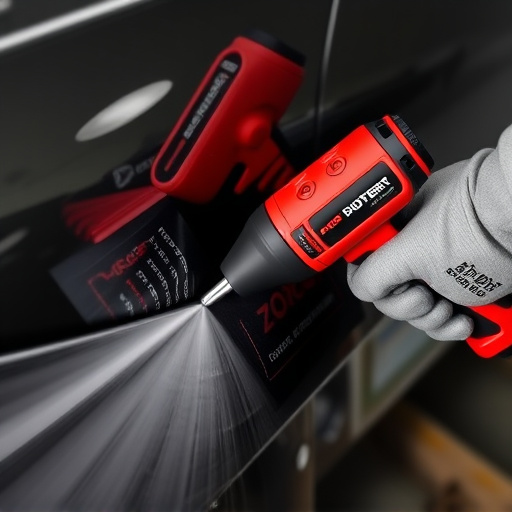
In a heavy-duty truck collision, vehicle damage can range from minor dents and scratches to severe, potentially life-threatening outcomes. The impact of such accidents often results in extensive damage to the trucks’ structures—from crushed cab frames and torn off bumpers to shattered windshields and damaged undercarriages. These incidents not only render the vehicles unsafe for operation but also require significant automotive body work for repair. Many times, the cost of repairs can be prohibitively high, leading to total loss for the affected vehicles.
Auto collision centers are equipped to handle such complex repairs, employing skilled technicians who specialize in heavy-duty truck makes and models. These facilities offer a range of services, including structural repairs, frame straightening, and custom auto body work tailored to the unique needs of these powerful machines. Unlike minor fender benders, heavy-duty truck collisions often necessitate visits to trusted auto repair shops that can ensure proper restoration and safety certification for the vehicles post-accident.
Long-Term Effects: Injuries and Health Complications
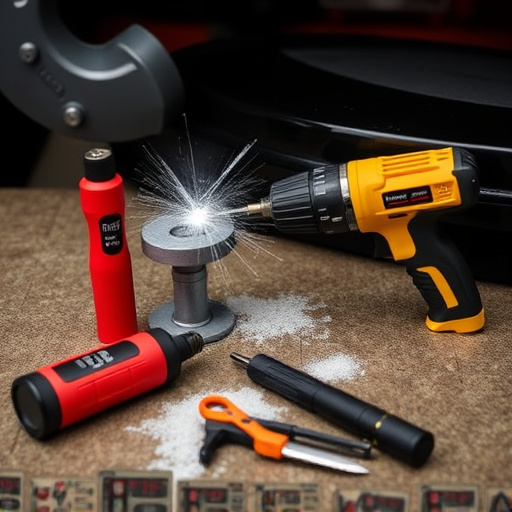
A heavy-duty truck collision can result in a range of injuries that extend far beyond immediate physical damage. Many victims may face long-term effects, including chronic pain and disability. Severe or open wounds can lead to infections and scarring, requiring extensive medical care and sometimes surgical intervention. Internal injuries, such as organ damage or internal bleeding, might not present symptoms immediately, allowing the condition to deteriorate over time. This delays diagnosis and treatment, potentially leading to serious health complications or even death.
Long-term exposure to the trauma of a heavy-duty truck collision can also take a toll on mental health. Post-traumatic stress disorder (PTSD), anxiety, and depression are common among survivors. The physical and financial burdens of recovery can further exacerbate these psychological issues. Accessing auto repair services and using collision centers for necessary repairs might be crucial steps in the immediate aftermath, but addressing these invisible injuries often requires specialized mental health support that’s just as vital in the long term.
In conclusion, a heavy-duty truck collision can have severe consequences for both occupants and pedestrians, leading to significant vehicle damage or even total loss. Beyond immediate physical injuries, long-term health complications may arise, emphasizing the need for robust safety measures and defensive driving techniques to mitigate these risks. Understanding the potential harms associated with such incidents is crucial in fostering safer roads and minimizing the impact of future accidents.

